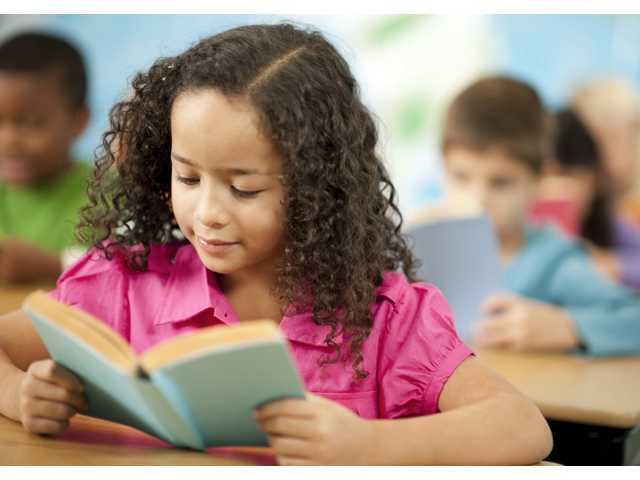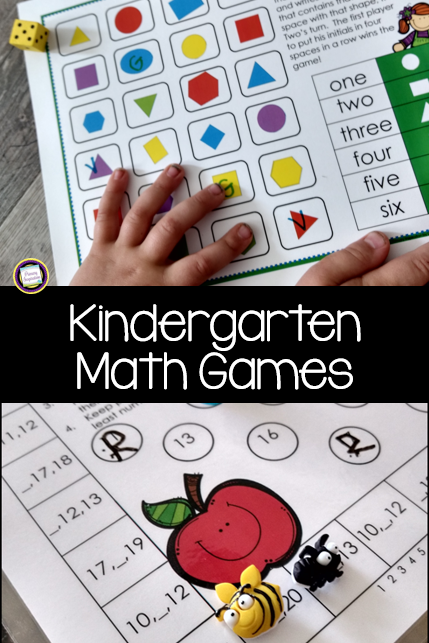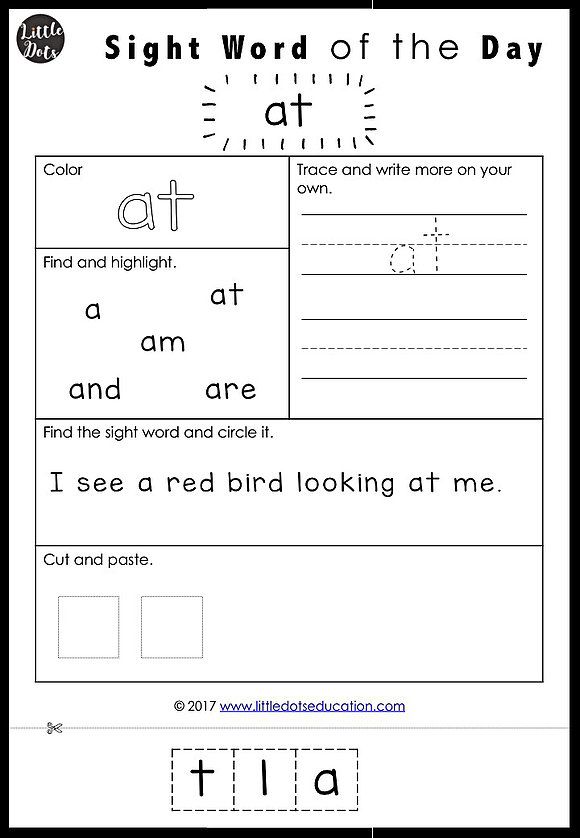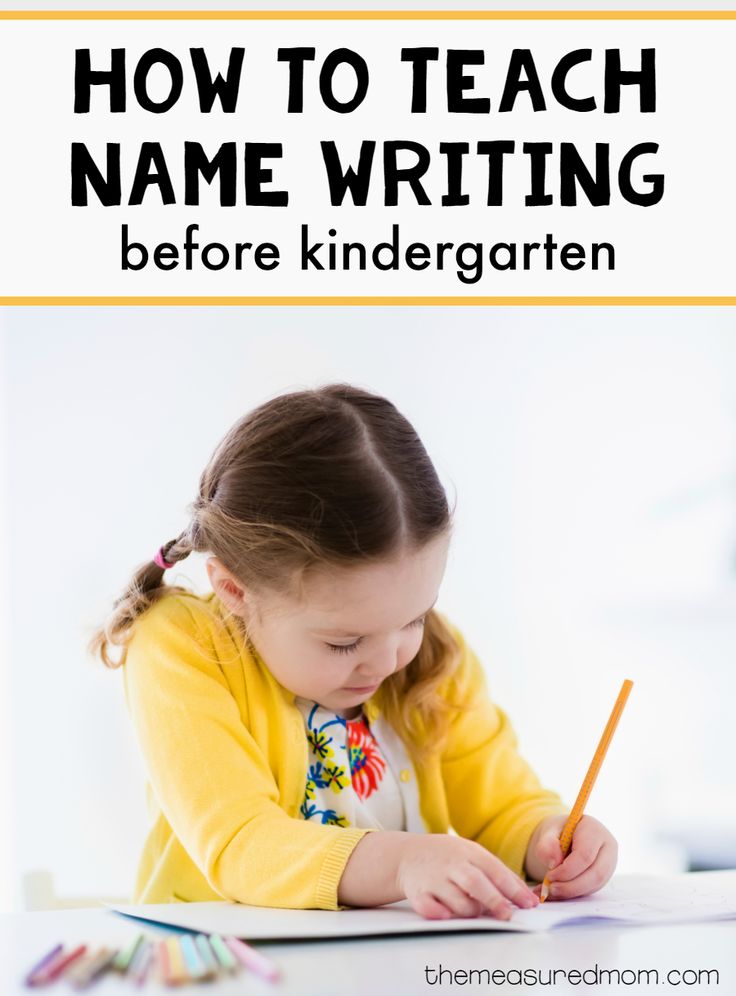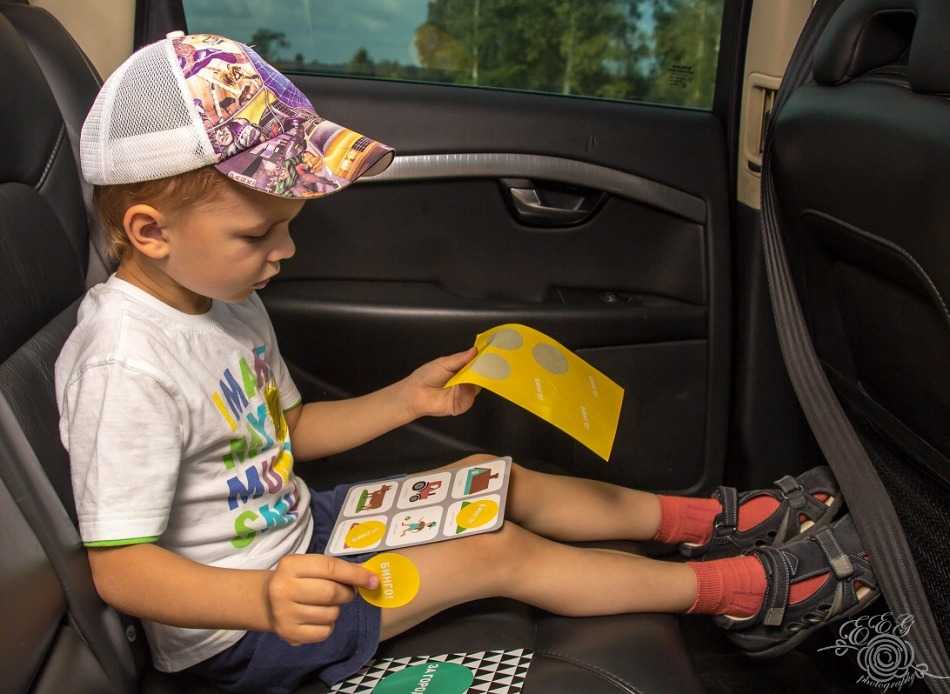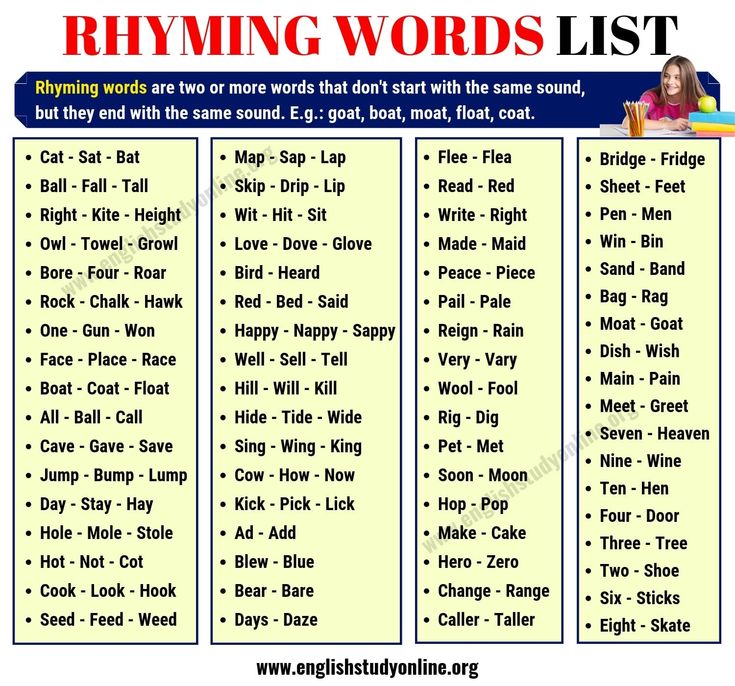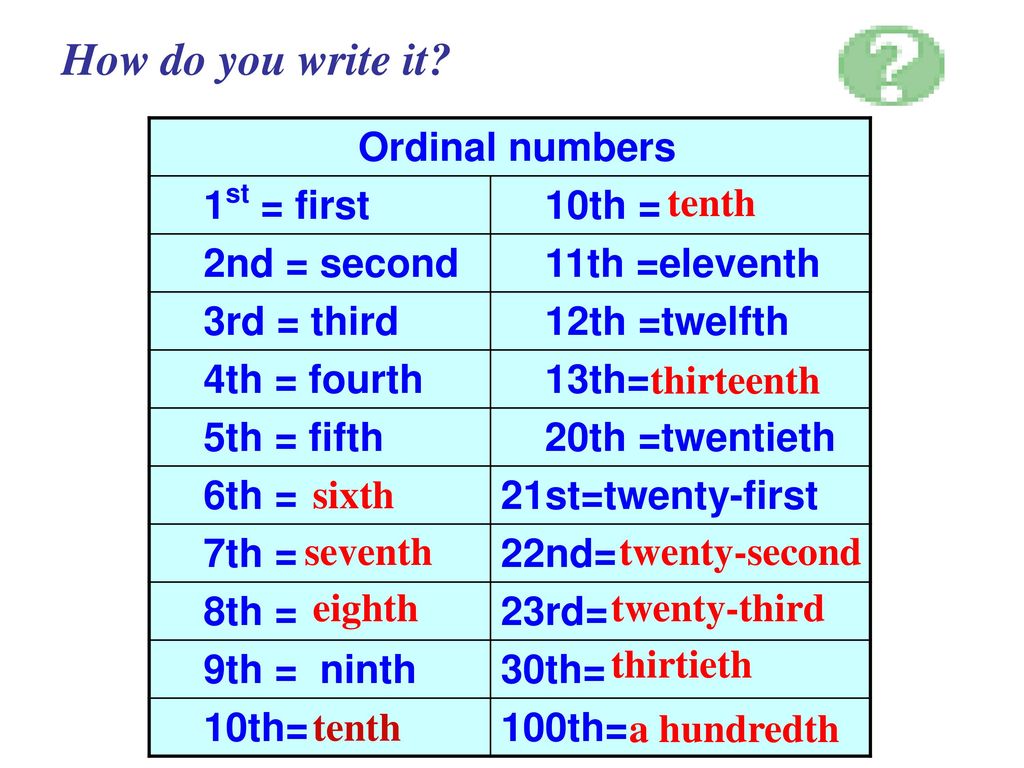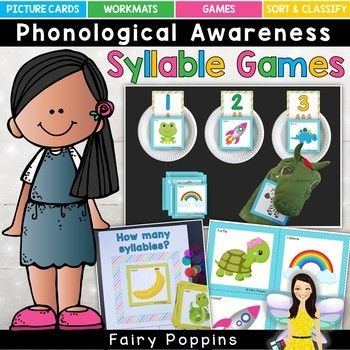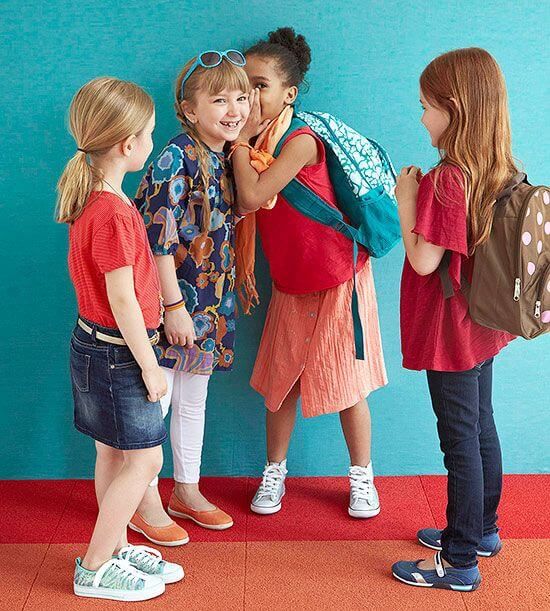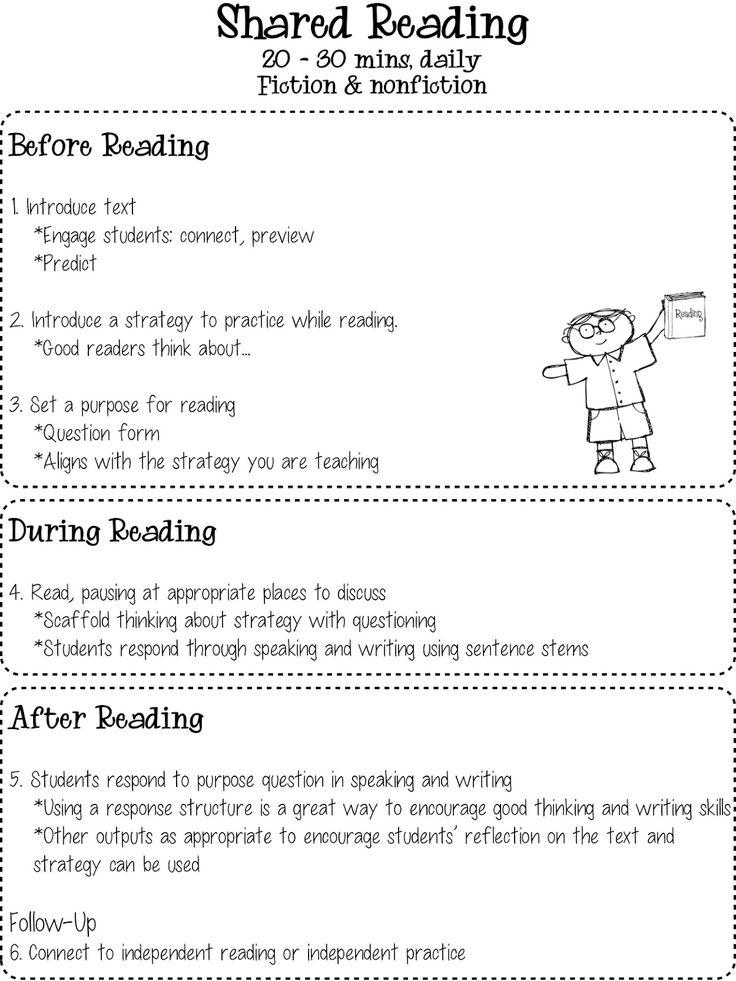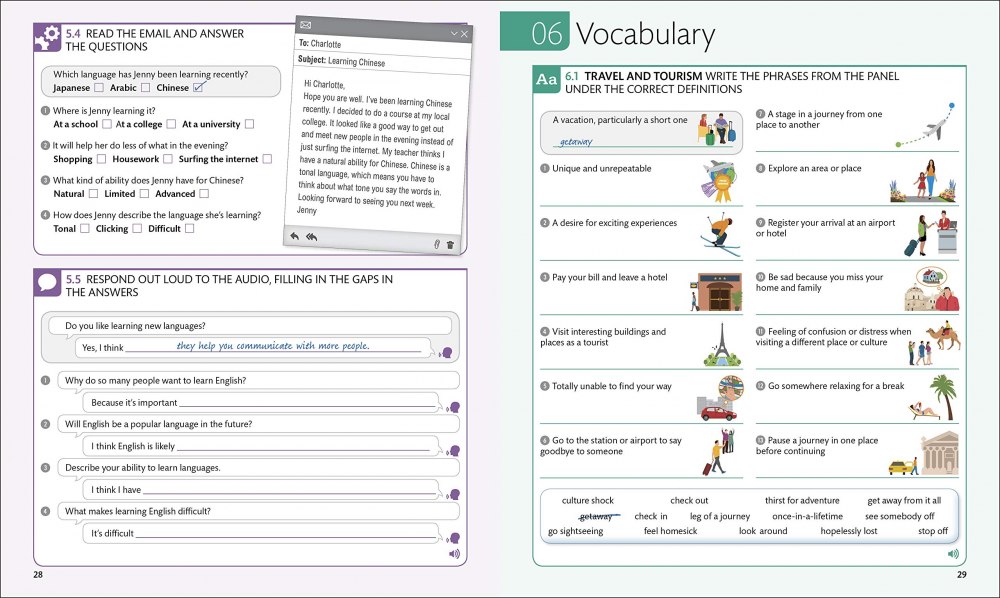Reading to your children
Benefits & Importance of Reading to Children
Blog
03/03/2017
It’s undeniable that a child’s reading skills are important to their success in school, work, and life in general. And it is very possible to help ensure your child’s success by reading to them starting at a very early age. Continue reading to learn more about the top benefits of reading to children and how reading can support them for the future.
7 Benefits of Reading to Children
Whether you’re reading a classic novel or fairy tales before bed, reading aloud to children can significantly benefit your child’s life. Some benefits reading to children include:
- Supported cognitive development
- Improved language skills
- Preparation for academic success
- Developing a special bond with your child
- Increased concentration and discipline
- Improved imagination and creativity
- Cultivating. lifelong love of reading
Reading to young children is proven to improve cognitive skills and help along the process of cognitive development. Cognitive development is the emergence of the ability to think and understand; it’s “the construction of thought processes, including remembering, problem solving, and decision-making, from childhood through adolescence to adulthood” (HealthofChildren.com). It refers to how a person perceives and thinks about his or her world through areas such as information processing, intelligence, reasoning, language development, attention span, and memory.
When you begin reading aloud to your child, it essentially provides them with background knowledge on their young world, which helps them make sense of what they see, hear, and read. In fact, many educators and researchers postulate that “It is the talk that surrounds the reading that gives it power, helping children to bridge what is in the story and their own lives,” rather than just the vocalization of the words. Introducing reading into your young child’s life, and the conversations that it will prompt, helps them to make sense of their own lives, especially at a young age.
Consider this excerpt from a study on toddlers’ cognitive development as a result of being read aloud to:
“A child care provider reads to a toddler. And in a matter of seconds, thousands of cells in these children’s growing brains respond. Some brain cells are ‘turned on,’ triggered by this particular experience. Many existing connections among brain cells are strengthened. At the same time, new brain cells are formed, adding a bit more definition and complexity to the intricate circuitry that will remain largely in place for the rest of these children’s lives.”
Therefore, the more adults read aloud to their children, the larger their vocabularies will grow and the more they will know and understand about the world and their place in it, assisting their cognitive development and perception.
Improved language skillsReading daily to young children, starting in infancy, can help with language acquisition, communication skills, social skills, and literacy skills.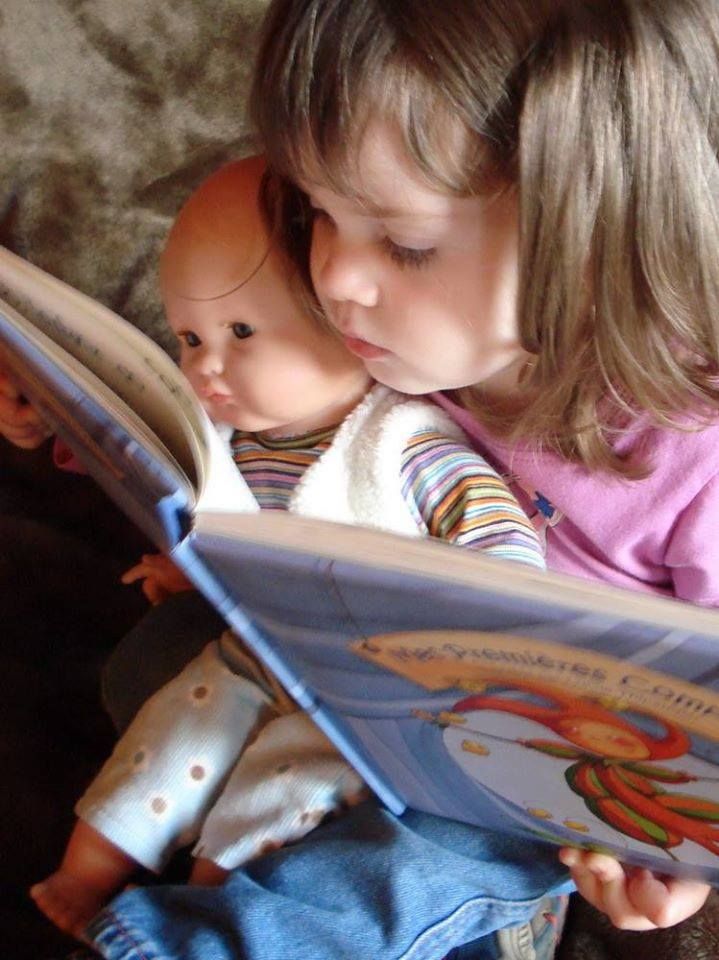 This is because reading to your children in the earliest months stimulates the part of the brain that allows them to understand the meaning of language and helps build key language, literacy and social skills.
This is because reading to your children in the earliest months stimulates the part of the brain that allows them to understand the meaning of language and helps build key language, literacy and social skills.
In fact, a recent brain scan study found that “reading at home with children from an early age was strongly correlated with brain activation in areas connected with visual imagery and understanding the meaning of language” (TIME.com)
These cognitive skills and critical thinking skills are especially important when you consider that, according to the American Academy of Pediatrics, more than one in three American children start kindergarten without the skills they need to learn to read. About two-thirds of children can’t read proficiently by the end of the third grade.
Furthermore, while a child will be able to latch onto vocabulary and language he or she hears around him or her, introducing reading into their auditory learning provides another benefit: it introduces the language of books, which differs from language heard in daily life. Whether it’s a children’s book or classic novel, book language is more descriptive, and tends to use more formal grammatical structures.
Whether it’s a children’s book or classic novel, book language is more descriptive, and tends to use more formal grammatical structures.
Early reading with your child is a true one-on-one opportunity for children to communicate with their parents and parents to communicate with their children. It allows children to grow their vocabulary skills with exposure to new words and listening skills they develop from hearing someone read to them that become vital to their academic success.
Studies have shown that “the more words that are in a child’s language world, the more words they will learn, and the stronger their language skills are when they reach kindergarten, the more prepared they are to be able to read, and the better they read, the more likely they will graduate from high school” (PBS.org).
Numerous studies have shown that students who are exposed to reading before preschool are more likely to do well when they reach their period of formal education.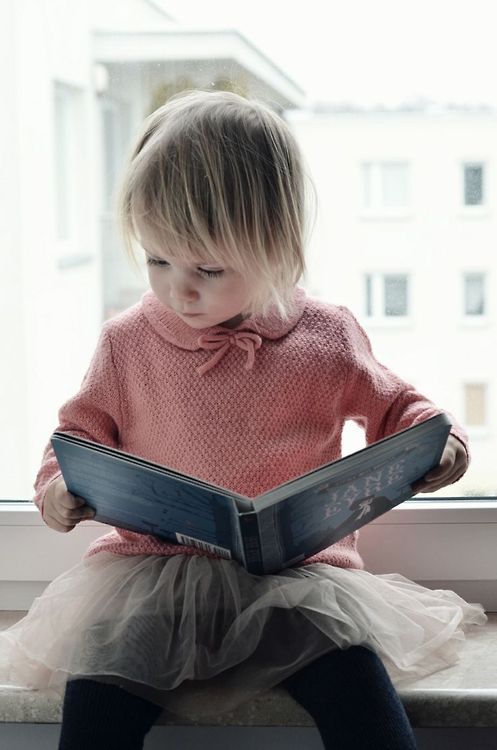 According to a study completed by the University of Michigan, there are five early reading skills that are essential for development. They are:
According to a study completed by the University of Michigan, there are five early reading skills that are essential for development. They are:
- Phonemic awareness – Being able to hear, identify, and play with individual sounds in spoken words.
- Phonics – Being able to connect the letters of written language with the sounds of spoken language.
- Vocabulary – The words kids need to know to communicate effectively.
- Reading comprehension – Being able to understand and get meaning from what has been read.
- Fluency (oral reading) – Being able to read text accurately and quickly.
While children will encounter these literacy skills and language development once they reach elementary school and beyond, you can help jumpstart their reading success by reading to them during infancy and their early toddler years.
While they won’t be able to practice fluency or phonics at that stage, they will get an earlier introduction to phonetic awareness, vocabulary and reading comprehension, all of which will set them up for success as they grow and interact with the world around them.
Developing a special bond with your child
It goes without saying that reading to your young child on a regular basis can help you forge a stronger relationship with them. When it comes to children, one of the most important things you can do to positively influence their development is spend time with them. Reading to your children provides a great opportunity to set up a regular, shared event where you can look forward to spending time together. With shared reading, your child will trust and expect that you will be there for them. The importance of trust to small children cannot be overstated.
Reading a favorite book to your children not only helps you bond with them, but also gives your children a sense of intimacy and well-being. This feeling of intimacy helps your child feel close to you, and the feelings of love and attention encourage positive growth and development.
With babies specifically, although they may not be able to understand what you’re saying when you read to them, reading aloud provides a level of invaluable nurturing and reassurance.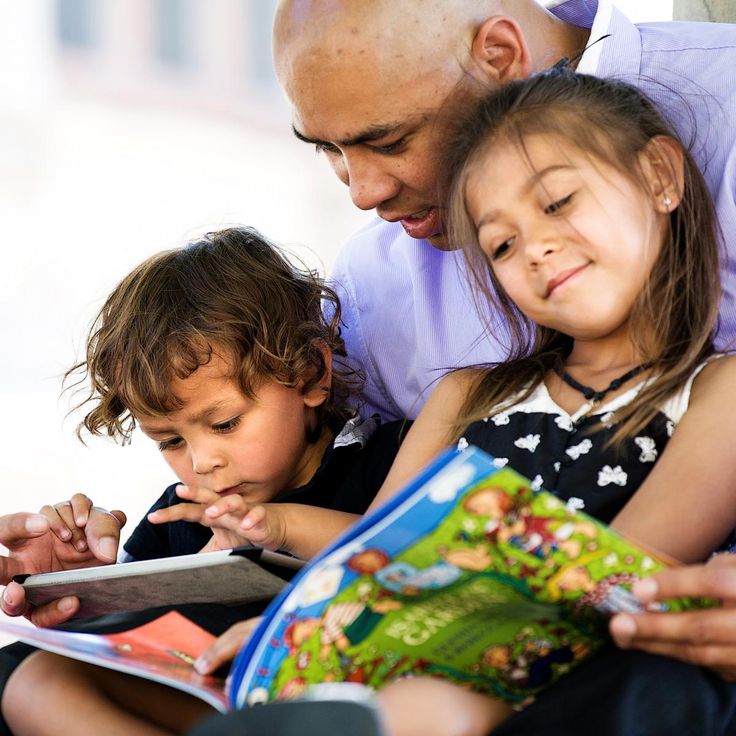 Very young babies love to hear familiar voices, and reading is the perfect outlet to create this connection.
Very young babies love to hear familiar voices, and reading is the perfect outlet to create this connection.
At a broader, more scientific level, it’s the parent-child relationship, nurturing relationships between caregivers and children that set a positive life course. If you are able to read aloud with your child at a predictable, scheduled time that fits with the daily routines of home and school, you’ll be able to provide something constant that they can expect and likely even look forward to.
Reading aloud together and having a shared activity gives you and your child something to talk about, which in turn supports the development of reading and writing skills (per the vocabulary and reading comprehension areas of development mentioned above). And down the road, reading together can be used to discuss real-life experiences and issues. A children’s book can provide springboards to meaningful discussions about many different topics which can further develop a child’s critical thinking skills.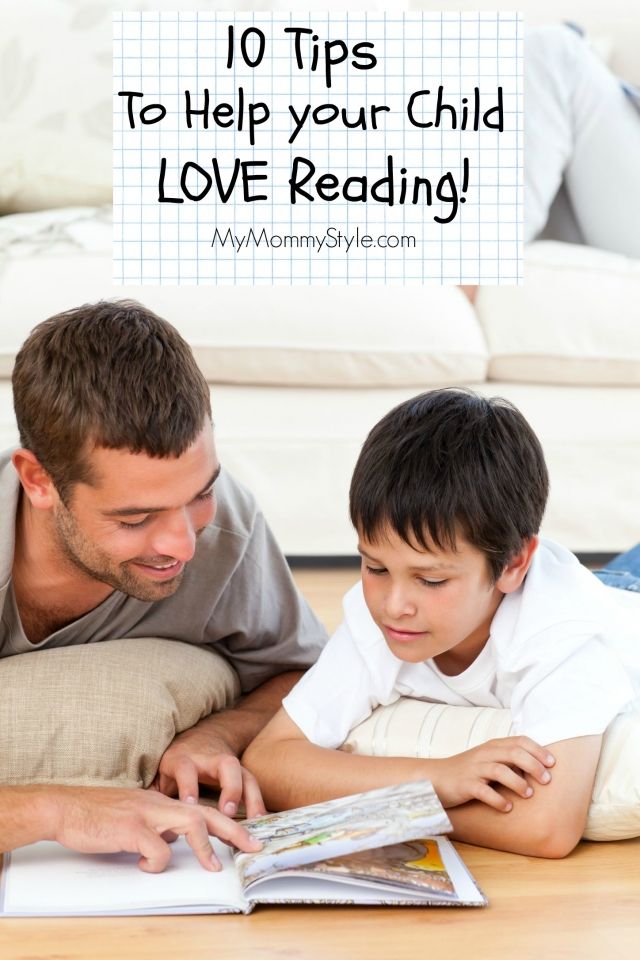
At its core, literature is one of the best ways to help kids understand something without necessarily having to experience it for themselves. Reading to your child helps to expose them to all types of subjects and concepts, building our children’s understanding of humanity and the world around them (ReadBrightly.com).
Increased concentration and disciplineIntroducing regular reading time into your child’s schedule has another benefit outside of creating shared time together: increased discipline and concentration. Very young children rarely sit still for long, and it’s oftentimes difficult to get them to focus. But when you introduce regular reading to your children, you may start to observe a change in behavior. Toddlers may initially squirm and become distracted during story time, but eventually they’ll learn to stay put for the duration of the book.
According to EarlyMoments.com, along with reading comprehension comes “a stronger self-discipline, longer attention span, and better memory retention, all of which will serve your child well when she enters school.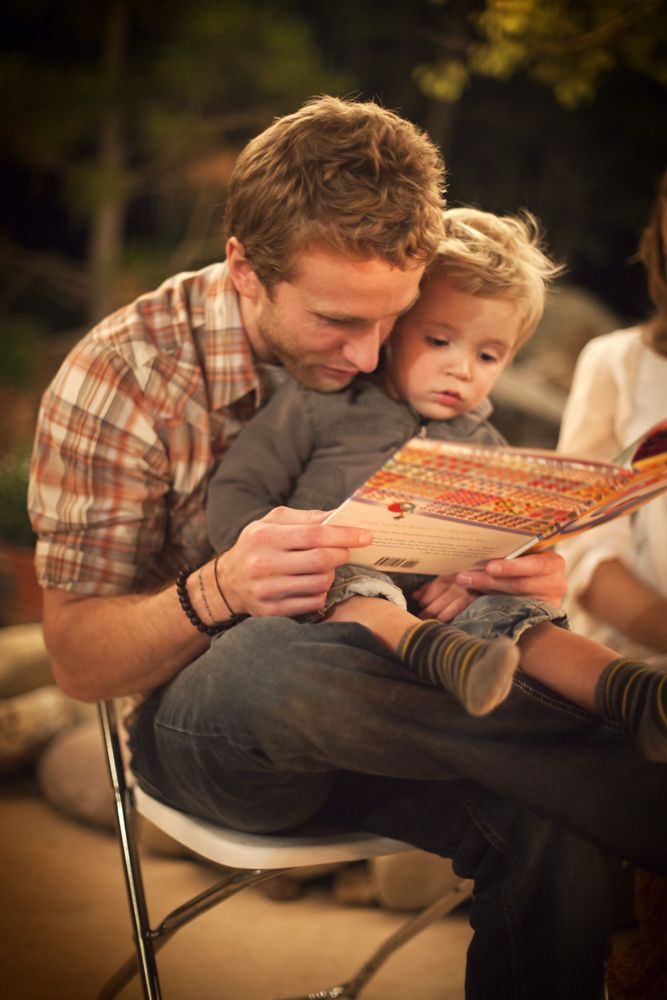 ”
”
Young children naturally have a capacity to dream big and use their imaginations. Reading aloud to your child helps them use their imaginations to explore people, places, times, and events beyond their own experiences. Reading as an imaginative activity can open doors to all kinds of new worlds for your child. By widening your child’s imagination, your child is more likely to dream bigger and act creatively which can benefit they school, work, and life in the future.
Cultivating a lifelong love of readingAccording to Jim Trelease, author of the best-seller, The Read-Aloud Handbook: “Every time we read to a child, we’re sending a ‘pleasure’ message to the child’s brain… You could even call it a commercial, conditioning the child to associate books and print with pleasure” (ReadAloud.org)
This connection between reading and “pleasure” is crucial for success later in life. As personal development coach and speaker Brian Tracy says, your ability to expand your mind and strive for lifelong learning is critical to your success — “Learning is the minimum requirement for success in any field.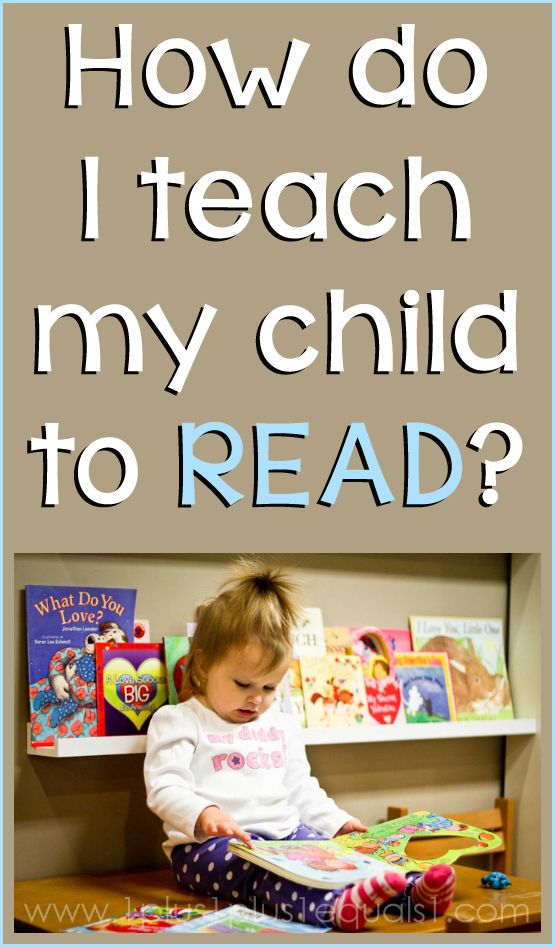 ”
”
Reading is the key for lifelong learning, and if you can instill a love of reading at an early age, then a commitment to lifelong learning is sure to follow. Reading aloud presents books as sources of pleasant, valuable, and exciting experiences. Children who value books are motivated to read on their own, and will likely continue to practice independent reading throughout the rest of their lives.
When it comes to reading to your children, the benefits to your child’s life range far beyond the development of a close bond with them, although that’s certainly one of them. Reading aloud to children is truly the single-most important activity for building these understanding and skills essential for reading success that your child will carry with them all throughout their life.
To learn more about our resources for children, visit our website.
Related Articles
This website uses cookies to improve your experience.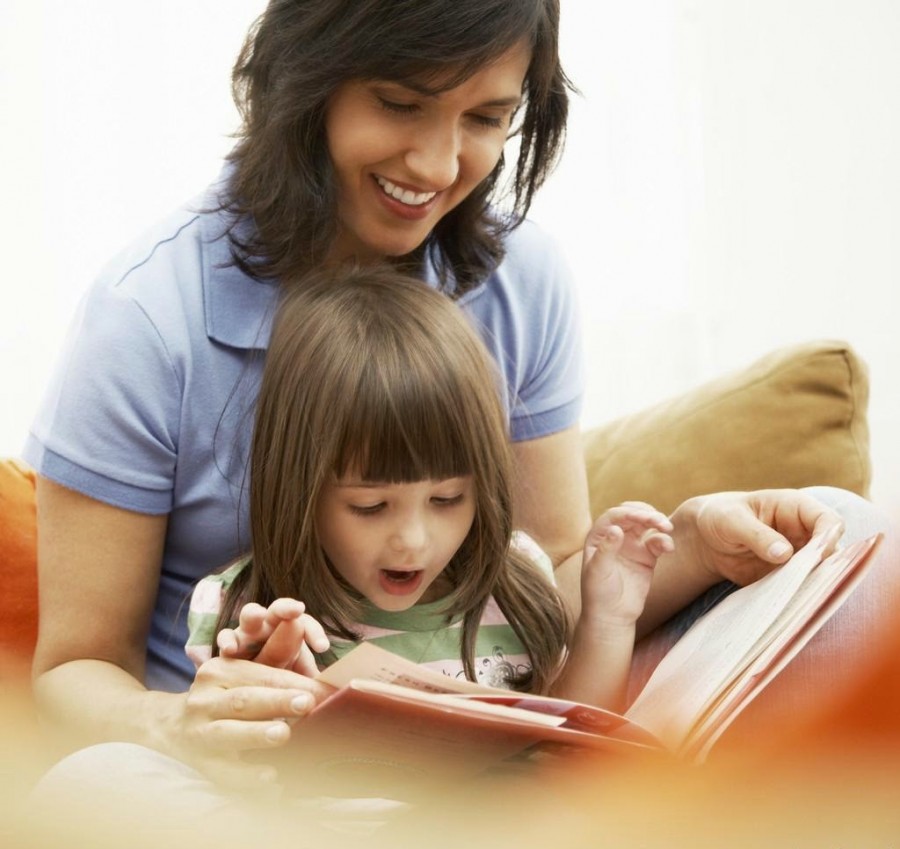 By continuing to use our site you agree to our Privacy Policy. ACCEPT
By continuing to use our site you agree to our Privacy Policy. ACCEPT
Reading with Your Child | Reading Rockets
By: Bernice Cullinan, Brod Bagert
There is no more important activity for preparing your child to succeed as a reader than reading aloud together. Fill your story times with a variety of books. Be consistent, be patient, and watch the magic work.
It's no secret that activities at home are an important supplement to the classroom, but there's more to it than that. There are things that parents can give children at home that the classrooms cannot give.
Start young and stay with it
At just a few months of age, an infant can look at pictures, listen to your voice, and point to objects on cardboard pages. Guide your child by pointing to the pictures, and say the names of the various objects. By drawing attention to pictures and associating the words with both pictures and the real-world objects, your child will learn the importance of language.
Children learn to love the sound of language before they even notice the existence of printed words on a page. Reading books aloud to children stimulates their imagination and expands their understanding of the world. It helps them develop language and listening skills and prepares them to understand the written word. When the rhythm and melody of language become a part of a child's life, learning to read will be as natural as learning to walk and talk.
Even after children learn to read by themselves, it's still important for you to read aloud together. By reading stories that are on their interest level, but beyond their reading level, you can stretch young readers' understanding and motivate them to improve their skills.
It’s part of life
Although the life of a parent is often hectic, you should try to read with your child at least once a day at a regularly scheduled time. But don't be discouraged if you skip a day or don't always keep to your schedule. Just read to your child as often as you possibly can.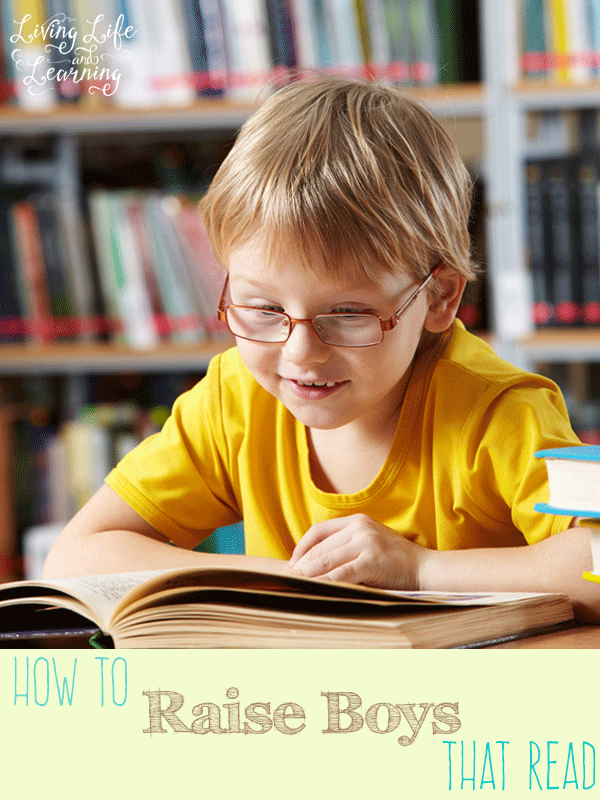
If you have more than one child, try to spend some time reading alone with each child, especially if they're more than two years apart. However, it's also fine to read to children at different stages and ages at the same time. Most children enjoy listening to many types of stories. When stories are complex, children can still get the idea and can be encouraged to ask questions. When stories are easy or familiar, youngsters enjoy these "old friends" and may even help in the reading.
Taking the time to read with your children on a regular basis sends an important message: Reading is worthwhile.
One more time
You may go through a period when your child favors one book and wants it read night after night. It is not unusual for children to favor a particular story, and this can be boring for parents. Keep in mind, however, that a favorite story may speak to your child's interests or emotional needs. Be patient. Continue to expose your children to a wealth of books and eventually they will be ready for more stories.
Talking about stories
It's often a good idea to talk about a story you are reading, but you need not feel compelled to talk about every story. Good stories will encourage a love for reading, with or without conversation. And sometimes children need time to think about stories they have read. A day or so later, don't be surprised if your child mentions something from a story you've read together.
Remember when you were very young
It will help, however, if we open our eyes to some things adult readers tend to take for granted. It's easier to be patient when we remember how much children do not know. Here are a few concepts we adults know so well we forget sometimes we ever learned them.
- There's a difference between words and pictures. Point to the print as you read aloud.
- Words on a page have meaning, and that is what we learn to read.
- Words go across the page from left to right. Follow with your finger as you read.
- Words on a page are made up of letters and are separated by a space.
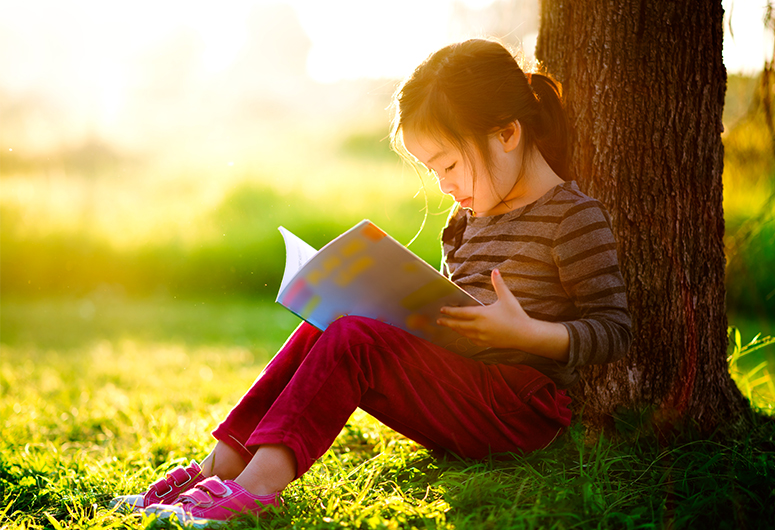
- Each letter has at least two forms: one for capital letters and and one for small letters.
These are examples of hieroglyphics.
Imagine how you would feel if you were trying to interpret a book full of such symbols. That's how young readers feel. But, a little patience (maybe by turning it into a puzzle you can solve together) is certain to build confidence.
Advertise the joy of reading!
Our goal is to motivate children to want to read so they will practice reading independently and, thus, become fluent readers. That happens when children enjoy reading. We parents can do for reading what fast food chains do for hamburgers? ADVERTISE! And we advertise by reading great stories and poems to children.
We can help our children find the tools they need to succeed in life. Having access to information through the printed word is an absolute necessity. Knowledge is power, and books are full of it. But reading is more than just a practical tool.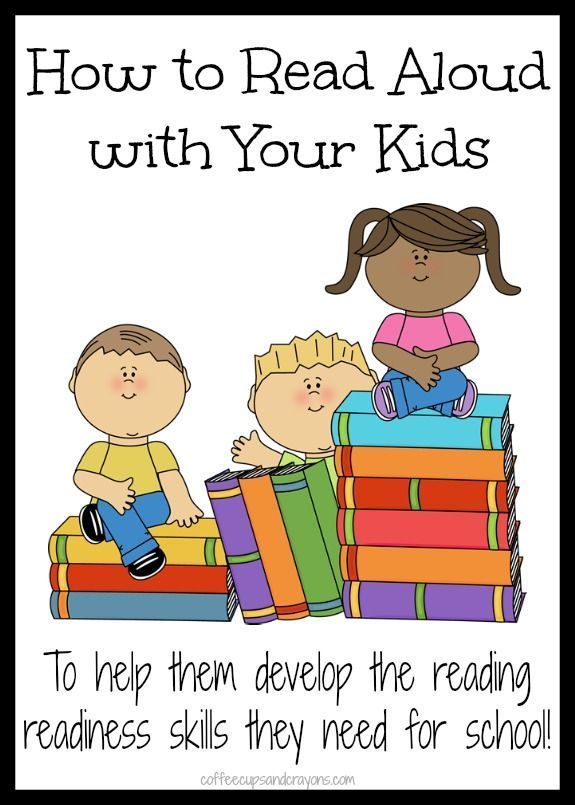 Through books we can enrich our minds; we can also relax and enjoy some precious leisure moments.
Through books we can enrich our minds; we can also relax and enjoy some precious leisure moments.
With your help, your children can begin a lifelong relationship with the printed word, so they grow into adults who read easily and frequently whether for business, knowledge, or pleasure.
6 children's books that I don't read to my children
More recently, we have published a wonderful column in Mela by the writer Irina Lukyanova and criticism of Ksenia Moldavskaya about children's literature and the attitude of parents towards it. If you missed it, read it, the context will be clear. And here's the response - our blogger Lyudmila Chirkova discusses what kind of children's books she doesn't like and doesn't read with children.
Reading with children is the most beautiful thing for me in parenting. You can just lie down, read aloud, hugging all the children at once, and enjoy being transported to the amazing worlds created by the fantasy of children's writers.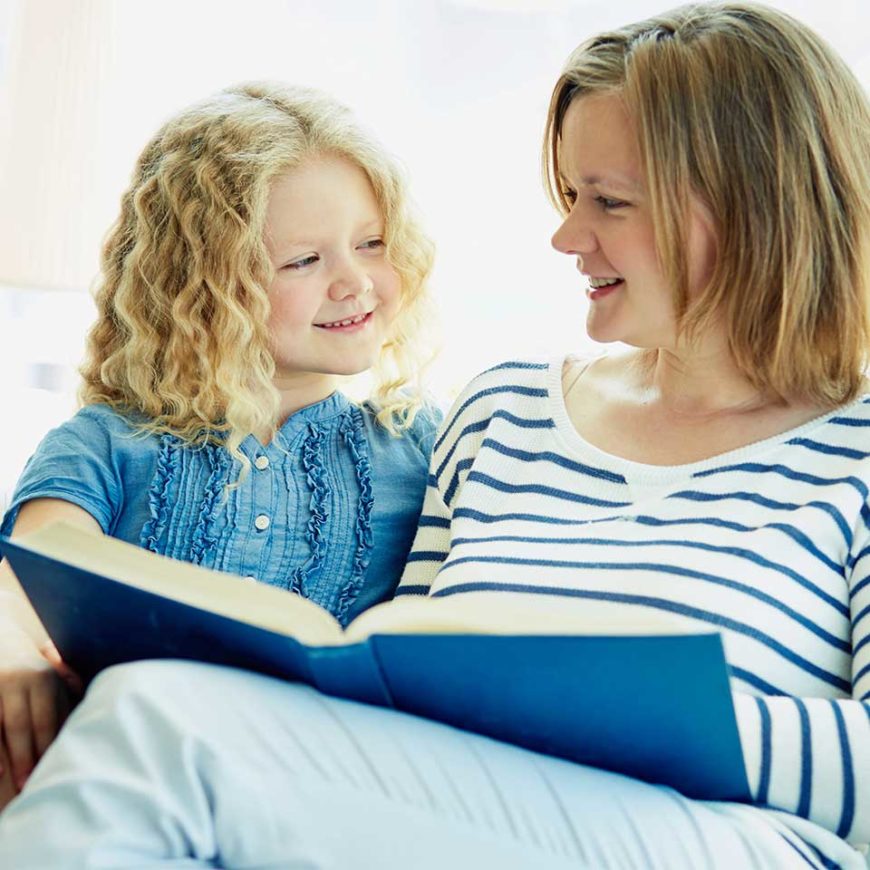 But there are children's books that I honestly tried to read, but couldn't. But they are all classics of children's literature...
But there are children's books that I honestly tried to read, but couldn't. But they are all classics of children's literature...
1. “Prostokvashino”, Eduard Uspensky
Once, at the dacha, the middle daughter dug up a thick book about Prostokvashino somewhere from her grandmother and proudly brought it to me to read. It is clear that we read stories about moving to Prostokvashino and about winter holidays. But here was a completely different wonderful world. And I didn't like this world at all. Merchants, stalls, jokes of a very low level. There was a feeling that the author simply took and decided to exploit the characters loved by everyone in an inept attempt to put satire on modernity into children's stories. It didn't work out. It was unpleasant for me to read this, and the children simply do not understand what it is all about.
2. "Dunno", Nikolai Nosov
It's scary to say, but in my childhood they didn't read this book to me - I don't know how it happened.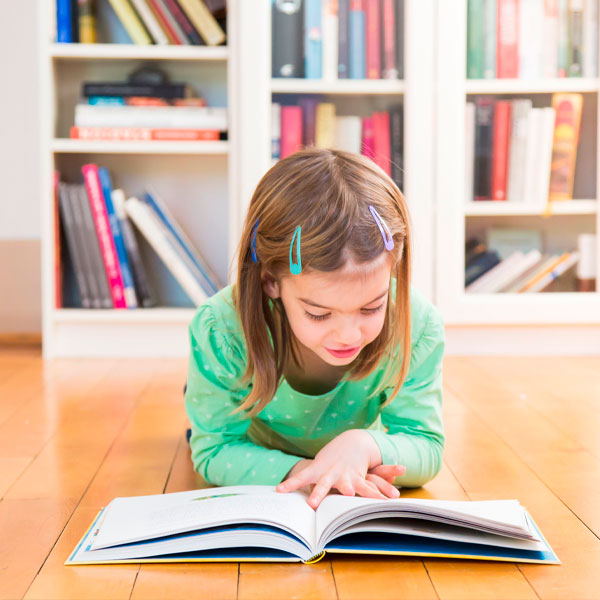 But they read to my husband, so we tried - with our first child. Spoiler: I didn't even try with the rest of the kids. This task will be perfectly done in kindergarten - as part of the compulsory reading program in the middle group. Perhaps this is a professional deformation, but I just physically could not read this text. A wonderful and funny story about Dunno, Syrupchik and other shorties, but I had to redo every sentence, rearrange the words to make it sound. No thanks - I prefer to enjoy reading. At the same time, there is not the slightest claim to "Dreamers" and other school stories of the classic. Funny, ironic and wonderful.
But they read to my husband, so we tried - with our first child. Spoiler: I didn't even try with the rest of the kids. This task will be perfectly done in kindergarten - as part of the compulsory reading program in the middle group. Perhaps this is a professional deformation, but I just physically could not read this text. A wonderful and funny story about Dunno, Syrupchik and other shorties, but I had to redo every sentence, rearrange the words to make it sound. No thanks - I prefer to enjoy reading. At the same time, there is not the slightest claim to "Dreamers" and other school stories of the classic. Funny, ironic and wonderful.
3. “Baby and Carlson who lives on the roof”, Astrid Lindgren
As much as I love Pippi, Ronja and Emil from Lenneberga, I hate Carlson. Let the cartoon remain a cartoon, but the book introduces us to a completely different Carlson. This character is not at all the most charming and attractive man in his prime, but a real dirty trick, a bully and a swindler, which the world has never seen.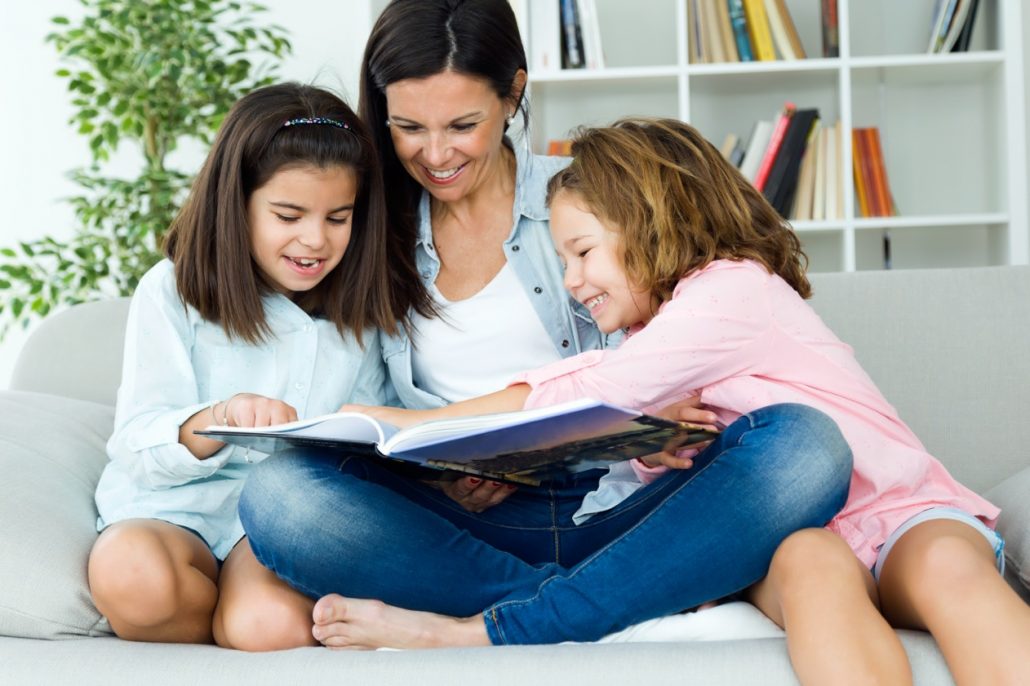 And constantly very sorry for the Kid. Of course, one can speculate that this book provides topics for discussion with the child, stimulates to talk about responsibility, etc., etc. But no.
And constantly very sorry for the Kid. Of course, one can speculate that this book provides topics for discussion with the child, stimulates to talk about responsibility, etc., etc. But no.
4. Order of the Yellow Woodpecker, Monteiro Lobato
I must admit that I love Latin American writers. I did not part with the volume of Borges for two years, Cortazar read avidly, like Marquez. So when, at the end of the first grade of my eldest daughter, I found The Order in the list of literature, I was even delighted. My joy ended ten pages later. I struggled through the dreaming method worse than Kafka and Remizov put together, fell asleep through the line, tried to read with intonation and delight, but I couldn’t! The children also fell asleep and did not show the slightest interest in what was happening on the pages of the book. This is one of the few books that I just closed at some point and didn't open again. Perhaps she hasn't grown up.
5. The Wizard of Oz, A. Volkov
As a child, this was my favorite series of books.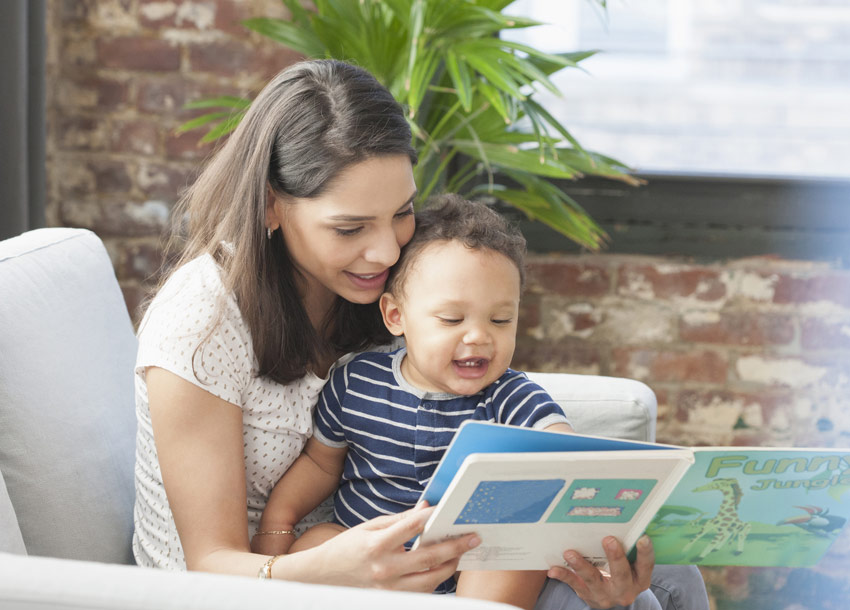 I still remember how my mother gave me either in the first or in the second grade the last part in hardcover, it was a delight. Then Baum happened to me and The Wizard of Oz in some correct translation. With the eldest daughter of four years old, we read a huge story in three or four evenings, and later repeated this experience with the middle one. After that I tried to open Volkov and start reading, but I couldn't. The translation was better than the text in the native language at times.
I still remember how my mother gave me either in the first or in the second grade the last part in hardcover, it was a delight. Then Baum happened to me and The Wizard of Oz in some correct translation. With the eldest daughter of four years old, we read a huge story in three or four evenings, and later repeated this experience with the middle one. After that I tried to open Volkov and start reading, but I couldn't. The translation was better than the text in the native language at times.
6. "Sister", Nina Gernet
God, how we laughed when we read "Katya and the Crocodile". This was spectacular. A sea of pleasure. So, when I picked up "Sister", I was looking forward to even more pleasure, moreover, extended in time - the book is much thicker and more impressive. But something went wrong. A burdensome frightening and absolutely incomprehensible story for children. “Why does the kindergarten go to dangerous places?”, “Why are the children unattended?” I understand that the time was different, all this was the norm, I am also aware of the independence of children.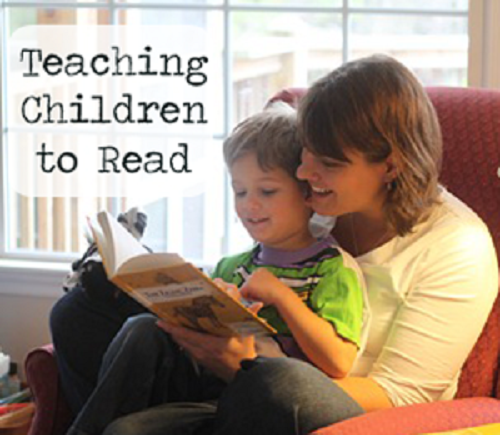 But not in such quantities. I am sure that this is a really worthwhile book, at least as an example of childhood of that time, but alas, no reading it to your children.
But not in such quantities. I am sure that this is a really worthwhile book, at least as an example of childhood of that time, but alas, no reading it to your children.
I don’t remake the ending at Kolobok, I read Russian-folk tales to children about hares driven out of huts and girls who came to visit a bear, we read poems by Chukovsky and Agnia Barto despite torn off paws and playing with matches. But the list of books that I veto is regularly updated. I don't see anything terrible in this. You have every right not to read or not to finish the book, but only on condition that you can reasonably explain it.
You are in the "Blogs" section. The opinion of the author may not coincide with the position of the editors.
Illustration: Bibadash / Shutterstock
Please read to your children - Promam
Reading culture is very important. Books must be available at all times. Ideally, this is its own bookshelf, to which the child can come up at any time and take what he needs to read.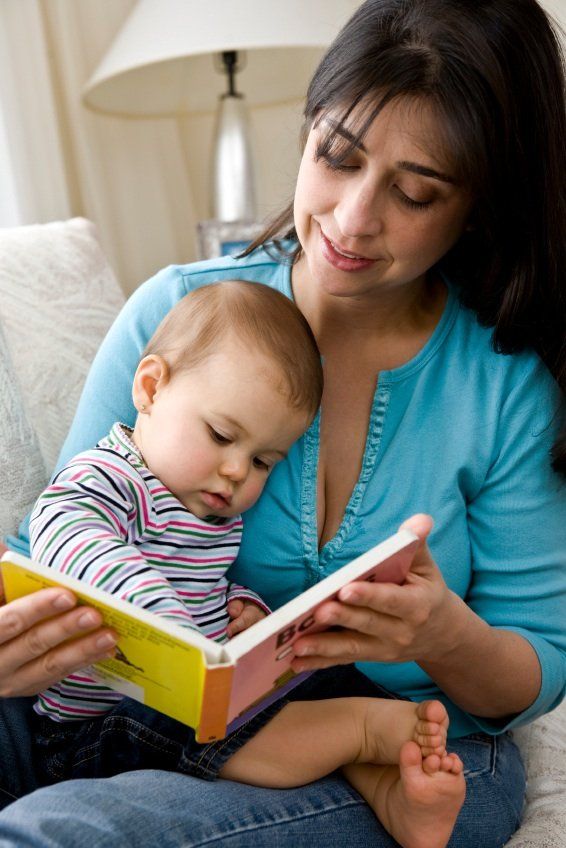
Oh. Nothing personal. I'm sitting here, I'm not naughty, I don't touch anyone, I'm fixing the stove. But. When an adult writes on my page: “If a child at two or three years old does not want to listen to books, leave him alone. Put the books on the topmost shelf, give him a ball or a balance bike and go out into the yard, ”in my house there are a couple of decanters of valerian less. And here, however, nothing personal, this is my personal sore spot. Because, in my deeply personal opinion, this phrase perfectly reflects the mass approach to this matter adopted in our country.
There are several important points on this subject. Firstly, the age of 2-3 years is a sensitive period of speech development. This is the age when a set of vocabulary, staging of sounds, first sentences and the actual use of speech as a social function (that is, for communication). And here's what's funny. In the last 10 years, the number of speech disorders in children under 4 has been growing catastrophically. I don’t know if there are official statistics on this subject, but all the colleagues I know, neurologists and speech therapists, talk about it.
I don’t know if there are official statistics on this subject, but all the colleagues I know, neurologists and speech therapists, talk about it.
A huge number of children in my environment (including my son's kindergarten) under the age of three either do not speak at all or speak, but are absolutely unintelligible. According to international standards, a three-year-old child must:
1) use sentences of at least 3 words in speech;
2) be able to clearly and understandably express their desires and needs using their native language. After three years, the child begins to actively develop verbal intelligence and secondary socialization (that is, games with peers). If by three there is no speech or there is, but in its infancy, all this will significantly slow down.
Secondly, we have an absolutely non-reading nation. No, Facebook and romance novels don't count. No, Kyiv and a couple of tens of thousands of people in other large cities do not count either. Drive 50 kilometers from Kyiv and ask young people spitting sunflower seeds on a bench in the nearest village when they last picked up a book.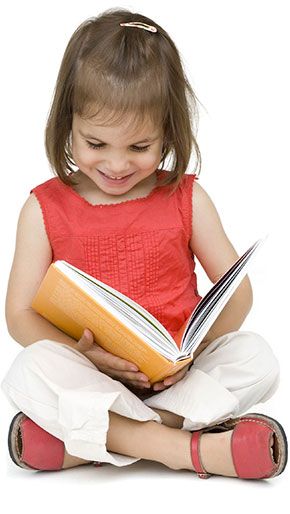 And what. And yes, I really think that there is a direct correlation here with what is happening in our country. Because books are not only speech, they are inner world, taste, moral and ethical guidelines, empathy and motivation for self-education.
And what. And yes, I really think that there is a direct correlation here with what is happening in our country. Because books are not only speech, they are inner world, taste, moral and ethical guidelines, empathy and motivation for self-education.
We have a very small book market for children's literature. And 80 percent of what he offers is impossible to pick up.
The good news is that things are changing. Every year, tangible progress is seen, especially in terms of participants and visitors to the book arsenal. But it is still very far from an acceptable level. Therefore, if your child does not want to read anything at 2-3 years old, something has gone wrong. I am a categorical radish person. But I won't move a millimeter here. You can't leave it like that. What to actually do?
In the vast majority of cases, it's the books.
Please don't buy cheap pamphlet books from subway book layouts.
And generally do not buy a book if you have not skimmed through it.
A small child won't look at awful clumsy pictures, won't listen to clumsy poetry, and especially won't listen to tons of dry text without pictures. Instead of five falling apart nightmare booklets, buy one, but a quality, tastefully illustrated book by age.
Books for young children should be comfortable and interesting to read. They should be either cardboard or with thick laminated sheets (so that it is convenient for the child to look and turn the pages). Simple text and beautiful pictures, preferably in a primitive style, to match the drawings of the child himself. It is desirable that the book has dynamic elements - hidden, moving pages, holes, or some kind of tasks.
Watch high-quality translations of modern world classics for your age. Read reviews. It seems to me that only a lazy child psychologist does not write or repost reviews of quality children's books.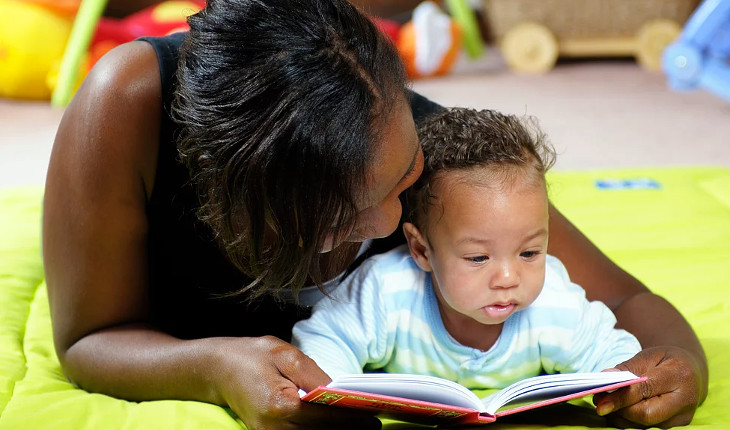 In principle, I am not familiar with children under three years old who would refuse to read the Living Book of Herve Tulle or the books of Eric Karl, especially The Hungry Caterpillar. And yes, in many ways, demand forms supply. The more quality children's books you buy, the more they get published. Reading culture is very important. Books must be available at all times. Ideally, this is its own bookshelf, to which the child can come up at any time and take what he needs to read. Don't force, but offer. Never mix reading and learning. Books are for pleasure, looking at and interesting stories, and not for counting and cramming. It's good when the child sees that you are also reading. Not from a phone.
In principle, I am not familiar with children under three years old who would refuse to read the Living Book of Herve Tulle or the books of Eric Karl, especially The Hungry Caterpillar. And yes, in many ways, demand forms supply. The more quality children's books you buy, the more they get published. Reading culture is very important. Books must be available at all times. Ideally, this is its own bookshelf, to which the child can come up at any time and take what he needs to read. Don't force, but offer. Never mix reading and learning. Books are for pleasure, looking at and interesting stories, and not for counting and cramming. It's good when the child sees that you are also reading. Not from a phone.
Rituals are very important in the life of a small child. They give him support and a sense of stability. Reading with mom or dad before bed is a great option for any age.
Because reading is a quiet soothing process.